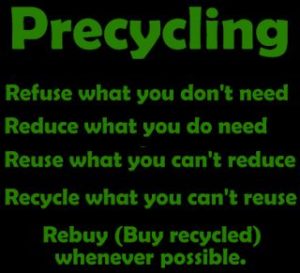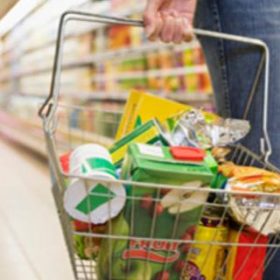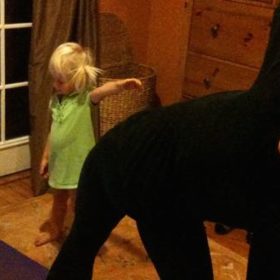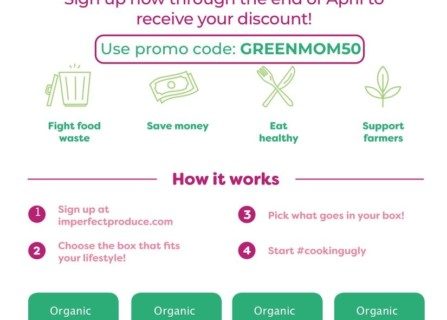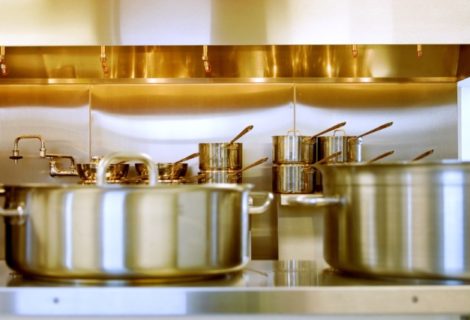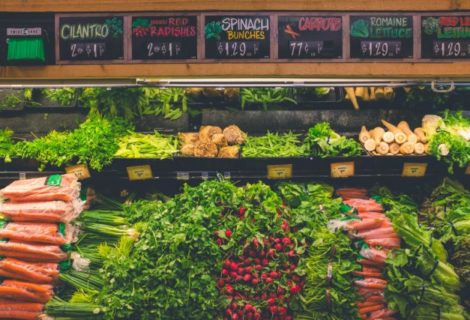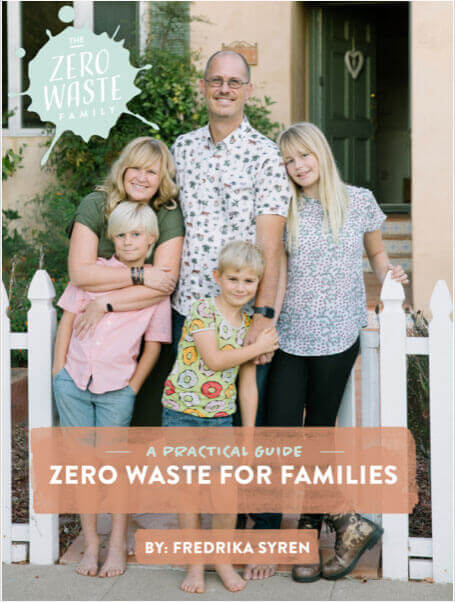By Larraine Roulston:
What is “Precycle,” you may ask? The prefix “pre” together with “cycle” is the latest term that builds on the idea of preventing many recycables from entering your blue box in the first place. By being mindful of unnecessary packaging and avoiding disposable items when you shop, you will have less to recycle, thus reducing the amount of energy and water required in that process.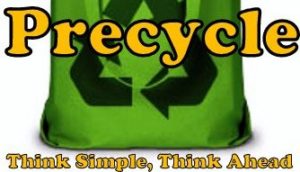
Although most areas have incorporated curbside collection, the best precyclers are those who have neither a car nor curbside recycling, yet physically transport their sorted glass, paper, metal and plastics to their local recycling depot. Most rural folks have to drive theirs to the nearest drop-off location. As well, there are the high-rise dwellers who have limited space for recycling bins. Needless to say,these groups are aware of what they can store and carry.
The rest of the population has the convenience of weekly collections which encourage one to think, “I don’t mind buying this because I can at least recycle it.” This is not a good mindset to fall into, considering that many foods on the market are now encased in single use containers. We should realize that convenience is becoming unsustainable. In grocery stores, many people already precycle by using their own carry-home bags. You can also precycle those little plastic film bags designed to wrap fresh produce by not bagging a few oranges or yams. As well, bring your own small lightweight cloth bags for loose beans or mushrooms. Avoid foods packaged on Styrofoam with shrink wrap.
Check out this video about how to Precycle:
Other ideas include the following:
- Take your own cookie tin to a bakery.
- Purchase a few lightweight metal lunch containers to hold hot oatmeal,
- salads, pasta or cookies bought from food vendors. These are ideal for busy office workers who pick up breakfasts and lunches en route to work. Buy a thermos. Lug a mug to events and fast-food restaurants.
- Take your own reusable jars for bulk food purchases.
- Pack reusable plates, cups and cutlery as well, when attending a pot luck event at a venue or when going on a picnic.
- Buy in bulk.
- Purchase concentrated laundry soap.
- Open gifts carefully so the paper can be reused. Choose to wrap gifts in fabric that will last indefinitely. With fabric, you do not need tape to hold the ends in place before tying with a ribbon.
- Look for products with the least amount of packaging. Also check for recycled content on containers. Avoid purchasing liquid candy in cute little plastic bottles.
- Flick your hands dry after rinsing them in a public washroom. This saves paper towels.
- A few municipalities are beginning to collect textiles for recycling.
- To precycle fabrics, purchase quality clothes and wash them less often so they will last longer. A worn sweater not suitable for donation can be unraveled for the wool. Stained linens can be taken to animal shelters, braided into rag rugs or hot pot holders, made into oven-mitt covers or dish cloths, or ripped into cleaning rags.

Plan A is about educating citizens to practice the 3Rs (Reduce, Reuse, Recycle) and to ReThink how we deal with our resources. Recycling is important, but we also need to recycle less and eliminate nonessential items at the source. As I see it, there is no “Planet” B. Once people get the environmental “Aha” moment, changing habits becomes easy. Think pre-bluebox.
Related Links:
http://www.macmillandictionary.com/buzzword/entries/precycling.html
http://whatis.techtarget.com/definition/precycling
http://www.planetpals.com/precycle.html
Larraine writes the children’s book series on composting and pollinating at www.castlecompost.com


